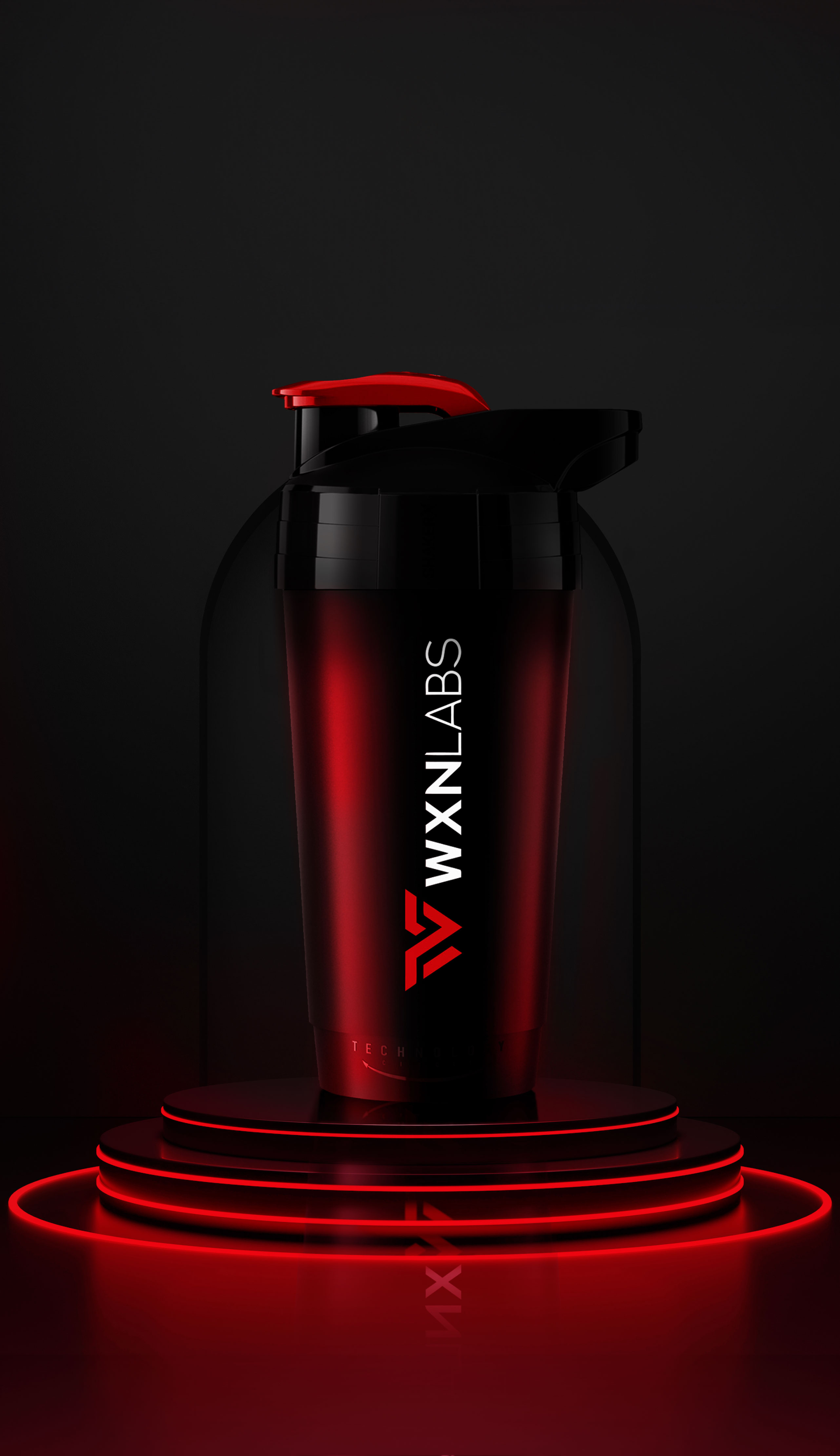Spis treści:
The correctness of the processes inside the body really consists of many factors.
The physiology of the body is not as simple as it might seem.
Something we can’t see with the naked eye can make a huge difference in how we feel, how strong we are or how we increase our training capabilities.
L-glutamine, although it sounds mysterious, is one of the three amino acids most abundant in the brain and blood, and is ranked among the 20 essential amino acids in existence.
It can be found in animal and vegetable proteins (broccoli, game meat, beef or poultry, whey protein contained in protein supplements, eggs or dairy, among others), so it can be supplied with a meal.
However, will such an amount be sufficient?
And is it actually worth starting supplementation of this amino acid?
L-glutamine
L-glutamine is produced inside the body, so with a normal, quiet lifestyle, the natural amount may be sufficient for the body to function properly.
However, it is used in a much larger amount at the time of physical activity of the body, illness or stress.
In such a situation, supplying it in meals will not cover the necessary demand.
Systematic workouts or a multitude of stressful situations during the day are reasons for considering supplementation of this amino acid.
Supplementation of deficiencies is one thing, but more l-glutamine can positively affect many other processes in the body.
Which ones?
Effects of l-glutamine
L-glutamine builds muscle proteins and increases nitrogen production, which will be especially appreciated by athletes, including.
bodybuilders, but also anyone who is fighting for every extra gram of pure muscle mass.
L-glutamine helps accelerate the entire process of muscle growth, and in addition, l-glutamine supplied in greater amounts to the body plays the role of a source from which the body draws energy during exercise.
Supplementation with l-glutamine helps with:
- performing longer workouts – because the body is provided with more raw energy.
Longer workouts help build muscle tissue more efficiently, as well as lose body fat. - carry out more effective workouts – influences longer physical endurance of the body.
- Reducing acidification of the body.
As a result, the body maintains a stable level of physical condition and is less susceptible to the occurrence of flu or colds.
But that’s not all.
L-glutamine improves brain function, affects memory and concentration, reduces cravings for alcohol and sugar.
It is also used to carry out anti-cancer therapy.
It can also be a way to combat intestinal problems:
- rebuilds the intestines,
- Helps relieve symptoms of irritable bowel syndrome.
An important part of carrying out a training plan aimed at increasing muscle mass is often reduction – that is, getting rid of body fat.
L-glutamine will help with a reduction diet, due to its effect on improving the body’s metabolism.
High physical activity uses increased amounts of l-glutamine naturally produced in the body and supplied from food.
Supplementing it in the right doses can help not only to correct deficiencies, but also to improve the body’s capabilities.
A better-prepared body from within allows the body to more effectively achieve its reduction and training goals.
Dosage
As glutamine is an amino acid of natural origin, taken from food, but also produced by the body, it is a harmless substance when used rationally.
The estimated amount suitable for a typical diet provides for 3-6 grams per day, but this all depends on the purpose of intake and the body’s needs.
In the case of intensive training or providing too little protein in the diet, the values can be much higher.
If you are manifesting various ailments or taking medications, it is worth carefully reading the label of a particular product to eliminate the possible risk of side effects.








